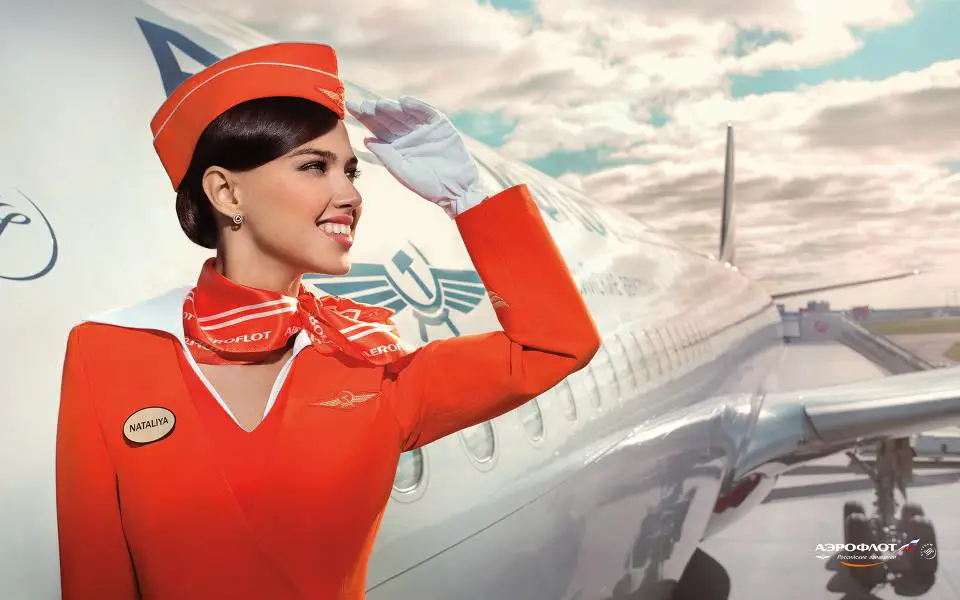The Village is a Russian-language publication in Moscow, St. Petersburg, and Kiev that seeks to inform locals about their various cities, their upcoming events, changes, and history. The following are two interesting entries from a series of short articles geared to answer the “strangest questions about city life” in the cities covered by the publication. Below are two about the Metro systems (which in all three cities were built with much the same Soviet engineering and thus the metro systems of all three cities are applicable to the issues described below). They have been translated for the first time into English by SRAS Home and Abroad Scholar Caroline Barrow.
Question: Why do Russian passengers clap during landing?
Read the original Russian here.
Oleg Sminov, a pilot with 40 years of experience
Actually, it’s not what you think. The habit of clapping after landing isn’t just a Russian tradition, but, on the contrary, this tradition came to us from the West. We only began to clap on a large scale after the 90s, when people began to travel abroad and saw how this was done.
In Soviet times, passengers occasionally clapped, but only after a landing in stormy weather or if there were other difficulties related to flying. In that case, yes, they clapped.
I’ll let you in on a secret: pilots don’t hear the clapping in the cabin, because they are separated from passengers by a heavy door. However, flight attendants always report to the pilot that the landing went smoothly and the passengers were pleased and clapped. Of course, this is nice for us, as it would be for anyone who did their job well and who feels appreciated.
Tatyana Volkova, a psychologist who counsels people with a fear of flying
There is no single answer as to where this tradition of clapping during landing originated. Out of all the answers, the most plausible version is as follows: the tradition became especially popular in the 90s, when information about plane crashes and other air accidents was no longer a government secret and became public knowledge. Of course, people were impressed and … happy.
Clapping after landing is almost the same as saying “thank you, that was tasty” after dinner at a restaurant. Pilots, just like chefs, don’t hear the clapping and can only learn about the passenger’s grateful response from flight attendants. Therefore, when we clap, we clap not so much for them as for ourselves.
You might notice that the applause doesn’t begin immediately. Rather, there are always one or two individuals who start the applause, and then are joined by other passengers. I’d venture to say that these individuals are in some way afraid of flying and their stress reaches a peak during landing. When people are stressed, they urgently need to release their emotion. They do something bizarre, for example scream, dance around, or some other type of unusual behavior, not really in keeping with etiquette or social standards. And thanking the pilot and crew is another example of this behavior. This explanation is supported by the observation that clapping occurs more often on charter flights. After all, charter flights are used mostly by people who fly once or twice a year for vacation, and, accordingly, are more nervous as they are less accustomed to flying.





